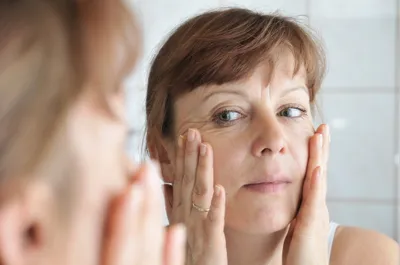If you have a sweet tooth for the refined, white stuff, you may not know the dangers you are exposing your body to. Believe me when I say that weight gain, heart health, and oral health are just the tip of the iceberg. Refined sugar poses the following multiple dangers to your health…
1. Sugar Ruins Your Liver
You might pat yourself on the back for not drinking alcohol. However, if you eat a lot of refined sugar you can do just as much damage to your liver. Studies show that those who consume high amounts of fructose have a greater risk of developing Non-Alcoholic Fatty Liver Disease, due to the fact that excess sugar gets stick in the organ rather than being eliminated as VLDL cholesterol particles.
2. Sugar Affects Learning
Just ask the parents out there how kids react after consuming large quantities of sugar-sweetened foods and beverages. This is why many schools have initiated healthy lunch and breakfast programs to ensure kids have the energy and focus for learning.
3. Sugar Causes Weight Gain
Hardly ever do we turn on the news or open the paper without coming across another story high-sugar foods to obesity. In particular, children, teens, and adults with high-glycemic diets (the foods and drinks that cause blood sugar to spike and crash quickly) are most often carrying around excess weight.
4. Sugar Causes Wrinkles
Sure, stay out of the sun, but you should also stop eating refined sugar if you want to continue to lie about your age. Refined sugar causes wrinkles by reducing the elasticity in your skin. So the more sugar you consume in your diet; the fast you will start noticing those fine lines, wrinkles, and sagging skin.
5. Sugar Causes Stress
You might think you binge on sugar because you’re stressed out. However, oftentimes, your actual stress levels are affected by the amount of sugar in your diet. For example, when you eat a chocolate bar, your blood sugar spikes quickly and then plummets, causes the body to discharge a series of stress hormones (i.e., adrenaline, epinephrine and cortisol), which trigger your fight or flight response (aka: nerves).
6. Sugar Messes With Emotions
If you’re crying one minute and angry the next, chances are your blood sugar might be unstable. Blood sugar that’s too high or too low will cause mood imbalances, and sugar cravings, which put you on a dangerous roller coaster of believing that eating sugar actually makes you feel better—when in fact, sugar is causing your mood swings in the first place.
7. Sugar Lowers Immunity
Any imbalance in the body over a long enough duration will cause sickness. And studies link diets high in refined sugar to bodies that produce excess bacteria and yeast, which feed on sugar and result in various infections, illnesses, and diseases.
8. Sugar Ruins Your Smile
If you’re proud of that pearly white smile what are you doing eating all that sugar? Refined sugar breaks down the enamel of your teeth, causing tooth and gum decay faster than any other food substance. So give the soda a rest of you expect those pearly whites to stay bright.
9. Sugar Causes Heart Disease
Periodonatal disease (gum disease) does more than ruin your smile. In fact, the bacteria in your mouth caused by periodontal disease can ruin your heart faster than it will damage your teeth by spreading to your bloodstream and raising the risk of coronary artery disease.
10. Excess Sugar is Toxic
High blood glucose is highly toxic for your body. Unfortunately most western diets are high in the type of refined sugar that causes blood sugar so high that the insulin in your body stops working (a condition called insulin resistance), leading to a variety of diseases—namely type II diabetes and metabolic syndrome.













